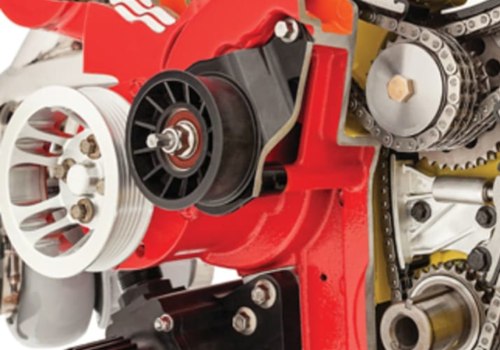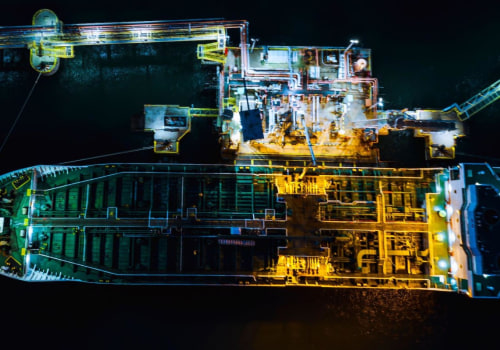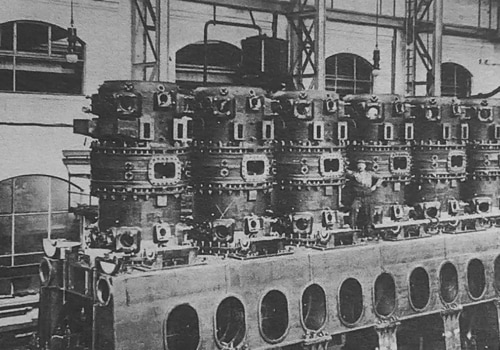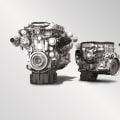The performance of diesel engines is heavily influenced by the design of their injection system.
Fuel injection
is the key factor that has enabled remarkable advances in diesel engine technology, leading to improved performance, emissions and noise characteristics. This is because diesel does not burn in the combustion chamber until it reaches a certain temperature, and its high compressive strength allows for more complete combustion when ignited at extreme temperatures. The thermal efficiency of diesel engines is due to the energy density and compressive strength of diesel fuel.The properties of diesel with respect to fuel efficiency, combustion efficiency and thermal efficiency rates are governed by several laws of physics. As technologies advance, diesel engines are becoming even more efficient and producing lower emissions. This is because diesel is a very heavy fossil fuel, meaning that on a volume scale, it has a much higher energy density than other solid, liquid and gaseous fuels. Even though the diesel engine is heavier than a gasoline engine, its overall efficiency is still 20% higher.
The advances in fuel injection technologies have enabled many opportunities for those who specialize in diesel engines.












